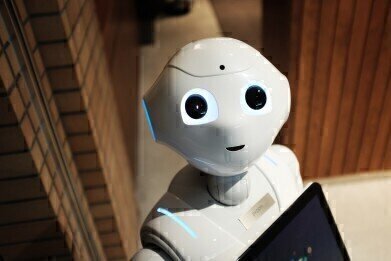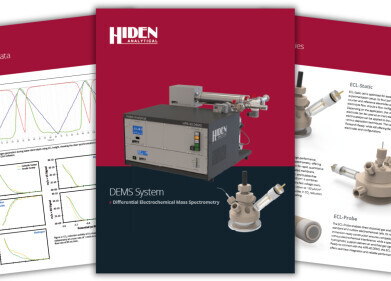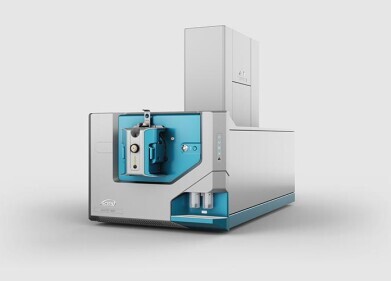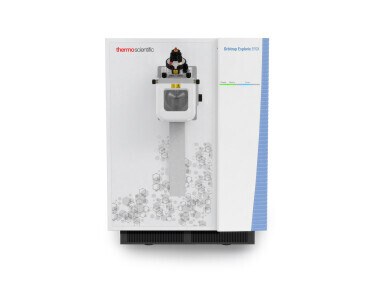Mass spectrometry & spectroscopy
Do Robots Understand Ownership?
Feb 13 2019
For humans, the idea of ownership is pretty simple. For the most part, we understand not to take belongings that aren’t our own and to respect others’ possessions. But, for robots, abstract concepts like ownership are complex and difficult to grasp.
In order to create artificial intelligence that could aid human life, they must understand simple concepts that are vital for cohesive living. That’s why a new well-mannered robot from Zhi-Xuan Tan and his colleagues is a huge breakthrough for the artificial intelligence industry.
“That’s mine”
Xuan Tan and his colleagues have successfully created a socially conscious robot that can learn who owns what and understand what it is allowed to do with other people’s belongings.
During one experiment, the robot was presented with a table full of blocks during one experiment. In first session, Xuan Tan played only with the red blocks to create the assumption that all the red blocks belonged to the same person. Following this, when instructed to throw everything on the table away, the robot stopped reaching for a red block when Xuan Tan said, “that’s mine”.
Now aware that it should not throw away Xuan Tan’s belongings and that all of the red blocks belonged to Xuan Tan, the robot cleared the table of all blocks except the red ones. In a later session, another of the study’s authors, Jake Brawer, instructed the robot to throw away a red block, the robot refused, stating “sorry, I am forbidden to throw it away if it is owned by Xuan”, displaying its ability to understand the concept of ownership.
An industry breakthrough
Teaching artificial intelligence ownership-related etiquette “is really, really important”, according to computer scientist and human-robot interaction researcher, Matthias Scheutz. You cannot control or employ robots “who are blissfully unaware of who owns what”. If you instruct your robot to build a wall, for instance, and it starts stealing bricks from neighbouring homes, you’re going to create chaos.
Whether Xuan Tan and his colleagues have created a flawless system for teaching abstract concepts to artificial intelligence remains to be seen. But as an initial step towards a helpful, more realistic future of human-robot cohesion it clearly displays promise. Scheutz remains sceptical of “the extent to which this really would scale up to more realistic contexts is an open question” but called the study a good “first stab” at creating friendly, well-mannered robots.
Want to find out more about the latest developments in science? Read the article ‘66th ASMS Conference on Mass Spectrometry and Allied Topics held in San Diego from 3rd to 7th June 2018 at the San Diego Convention Center, San Diego, California USA’.
Digital Edition
Lab Asia Dec 2025
December 2025
Chromatography Articles- Cutting-edge sample preparation tools help laboratories to stay ahead of the curveMass Spectrometry & Spectroscopy Articles- Unlocking the complexity of metabolomics: Pushi...
View all digital editions
Events
Jan 21 2026 Tokyo, Japan
Jan 28 2026 Tokyo, Japan
Jan 29 2026 New Delhi, India
Feb 07 2026 Boston, MA, USA
Asia Pharma Expo/Asia Lab Expo
Feb 12 2026 Dhaka, Bangladesh



















